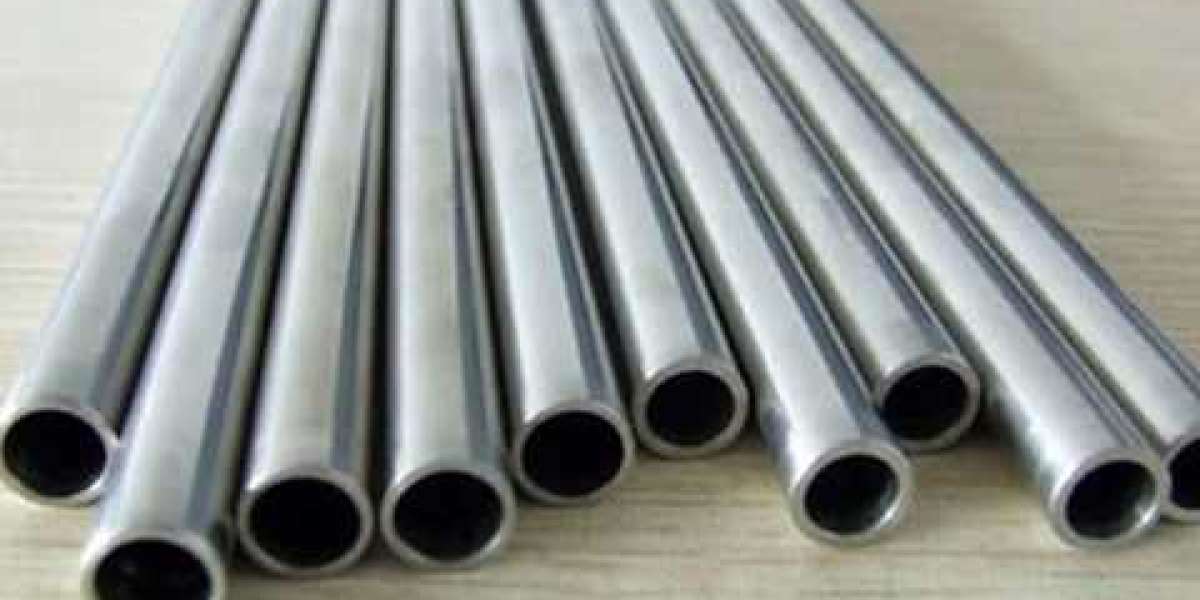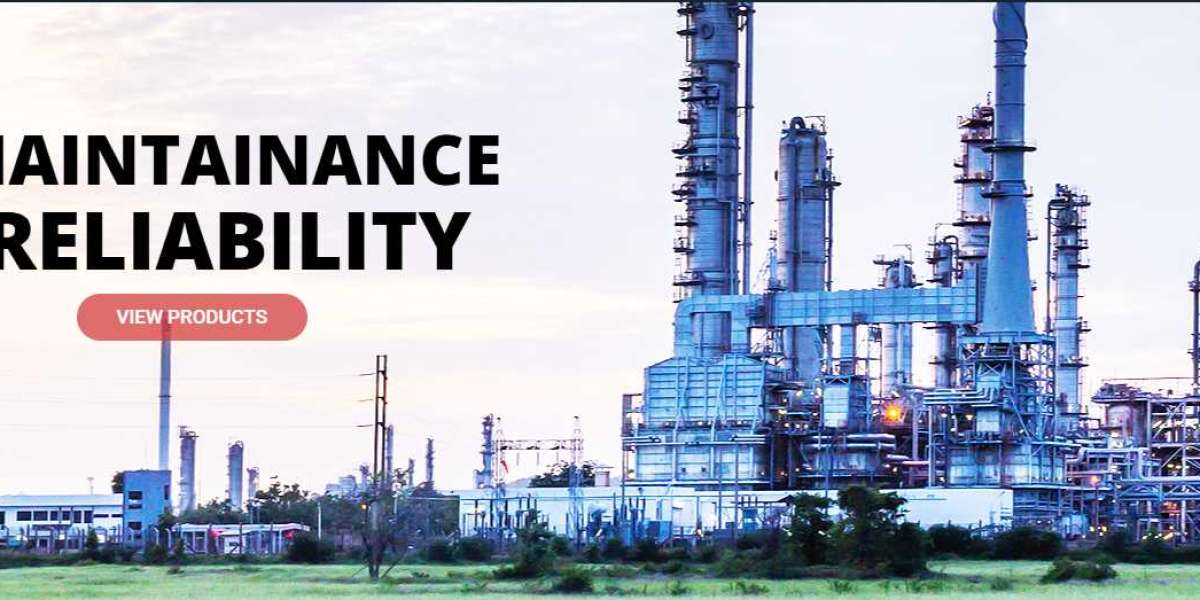As a custom stainless steel manufacturer at Jianglin Steel, we often receive questions about alternative metals for extreme environments. One of the top contenders in this area is Monel alloy. But what exactly is Monel? Why is it trusted in marine and chemical applications? And how does it compare to stainless steel?
In this blog, we’ll answer all your questions about Monel alloys. We’ll explore their composition, types, benefits, limitations, and real-world applications. We’ll also discuss how Monel differs from stainless steel and help you decide when it's the right choice for your project.
Let’s dive in.
What Is Monel Alloy?
Monel is a group of nickel-based alloys that includes varying amounts of copper, iron, manganese, carbon, and silicon. The primary element is nickel, making up around 65% to 70% of its composition, while copper usually makes up 20% to 29%.
These alloys deliver excellent corrosion resistance, particularly in environments that are rich in saltwater, acids, and alkalis. This makes Monel ideal for marine engineering, chemical processing, and even aerospace applications.
Monel is not just a single alloy but a family of alloys, including:
- Monel 400
- Monel K-500
- Monel 404
- Monel R-405
Each type comes with its own unique properties, tailored for specific use cases.
What Are the Key Properties of Monel Alloys?
Monel’s composition gives it a set of impressive mechanical and chemical properties. Let’s look at what sets it apart:
1. Exceptional Corrosion Resistance
Monel resists corrosion better than most metals. It performs outstandingly in seawater, brine, acids, and high-temperature steam. Unlike other metals, it doesn't suffer from pitting, stress-corrosion cracking, or rapid rusting.
2. High Strength and Toughness
Monel remains strong at both high and sub-zero temperatures. It retains toughness and ductility, making it suitable for cryogenic as well as high-heat applications.
3. Good Weldability and Machinability
With proper techniques, Monel alloys can be welded and machined efficiently. Certain grades like Monel R-405 even come with enhanced machinability, which is ideal for precision parts.
4. Magnetic Properties
Monel alloys, especially Monel 400, are slightly magnetic at room temperature, a property useful in specific industrial applications.
What Are the Main Types of Monel Alloys?
Understanding the different types of Monel helps in selecting the right material for your project. Here's a breakdown:
Monel 400
This is the most commonly used Monel grade. It contains about 67% nickel and 23% copper. It offers excellent resistance to saltwater, acids, and alkaline solutions, making it perfect for marine and chemical uses.
Monel K-500
Monel K-500 adds aluminum and titanium to the Monel 400 base. This results in much higher strength and hardness. It's often used in pump shafts, oil drilling tools, and springs.
Monel R-405
A free-machining version of Monel 400, R-405 is ideal for automatic screw machine applications. It provides the same corrosion resistance but improves manufacturing speed.
Monel 404
This one is designed for use in electronic components. It contains lower copper and shows excellent performance in radio and electrical industries.
Where Are Monel Alloys Commonly Used?
Monel’s toughness and resistance make it suitable across many industries. Here's where you’ll usually find it:
Marine Industry
Saltwater quickly corrodes regular metals, but Monel handles it effortlessly. That’s why shipbuilders use Monel for valves, pumps, propeller shafts, and seawater piping.
Chemical Processing
Monel resists a wide range of acids and alkalis. Chemical plants often use it for storage tanks, reaction vessels, and heat exchangers.
Oil and Gas
Monel K-500 is popular in the oil and gas industry, especially for its strength and resistance to sulfide stress cracking. It's perfect for drilling tools, shafts, and non-magnetic components.
Aerospace
The aerospace industry values Monel for its ability to maintain strength and resist corrosion at extreme altitudes. Applications include fuel tanks, hydraulic lines, and exhaust systems.
Electrical and Electronics
Because Monel doesn’t spark, it’s used in electrical and instrumentation systems, especially in environments where flammability is a concern.
How Does Monel Compare to Stainless Steel?
Many clients ask us this question, and it’s a great one.
While both Monel and stainless steel resist corrosion, they differ in several key areas.
Feature | Monel | Stainless Steel |
Main Composition | Nickel Copper | Iron, Chromium, Nickel |
Corrosion Resistance | Excellent in seawater/acid | Very good, but less than Monel |
Cost | More expensive | More economical |
Strength | Higher, especially in K-500 | Moderate to High |
Magnetic Property | Slightly magnetic | Usually non-magnetic (austenitic) |
Applications | Marine, aerospace, oil | Food, medical, structural |
In short, Monel is the better choice for extreme environments. But if you’re looking for a cost-effective solution in less demanding conditions, stainless steel is a smart alternative.
What Are the Advantages of Using Monel?
You might wonder why so many industries opt for Monel despite its higher cost. The advantages are clear:
- Longer service life in aggressive environments
- Lower maintenance costs
- High mechanical strength
- Resistance to both oxidizing and reducing agents
- Reliability in extreme temperatures
By investing in Monel, companies reduce long-term repair and replacement costs.
Are There Any Limitations?
Despite all its benefits, Monel isn't perfect. Here are a few limitations to keep in mind:
- High cost: Nickel is an expensive metal, making Monel pricier than stainless steel.
- Work hardening: It tends to harden quickly during machining.
- Limited availability: Not all suppliers carry it in large stock, which may lead to lead time delays.
At Jianglin Steel, we help customers weigh these factors carefully to choose the best material for their needs.
When Should You Choose Monel Over Stainless Steel?
This depends on your project requirements. You should choose Monel when:
- You need materials that resist seawater and harsh chemicals.
- The application involves high or cryogenic temperatures.
- Strength, corrosion resistance, and reliability are critical.
- The material must perform in sulfide-rich environments like oil drilling.
If budget is a top priority and the environment is moderately corrosive, stainless steel will work just fine.
Why Partner With Jianglin Steel for Your Alloy Needs?
At Jianglin Steel, we don't just manufacture stainless steel—we offer customized solutions using a variety of high-performance alloys, including Monel. Here’s what makes us different:
- Precision engineering
- Reliable quality control
- Competitive pricing on global orders
- Expert technical consultation
- On-time delivery, every time
Whether you're building offshore platforms or chemical tanks, our team is ready to support your project with custom Monel components built to last.
Final Thoughts
Monel alloys offer outstanding durability, corrosion resistance, and strength in the toughest industrial environments. While they come with a higher price tag, their long-term benefits often justify the investment.
When performance matters more than cost, Monel is the right choice. And when you need a partner to deliver top-quality custom alloy products, Jianglin Steel stands ready.








